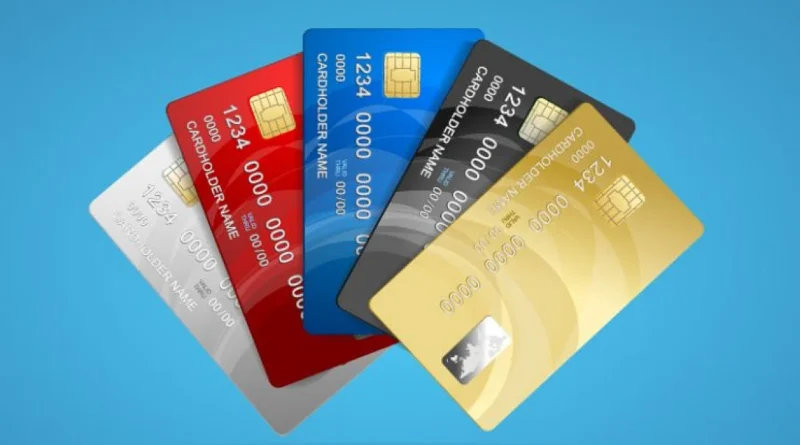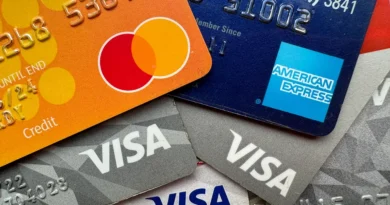Can Credit Card Cashing Affect My Loan Applications?
In today’s financial landscape, credit cards offer far more than just a convenient way to pay for purchases. Many people use credit cards for cash advances, sometimes referred to as credit card cashing, to access funds quickly during emergencies. While this might seem like a helpful short-term solution, it’s important to understand the potential implications on your broader financial health—especially when it comes to loan applications.
Understanding Credit Card Cashing
Credit card cashing is essentially taking a cash advance from your credit card rather than using it for a purchase. This process allows cardholders to withdraw money from an ATM, bank, or via certain third-party services. While cash advances can be convenient, they are often associated with higher interest rates and additional fees compared to regular 신용카드 현금화 transactions. Unlike typical purchases, interest on cash advances usually starts accruing immediately, with no grace period, which can quickly increase your outstanding debt if not repaid promptly.
How Lenders View Credit Card Cashing
When you apply for loans—such as personal loans, auto loans, or mortgages—lenders evaluate your financial behavior to assess risk. One of the main tools they use is your credit report, which contains your credit history, outstanding debts, repayment patterns, and the types of credit accounts you hold. Frequent or large cash advances can signal financial stress to lenders, as they may interpret this behavior as relying on high-interest credit to meet everyday expenses.
Moreover, cash advances directly impact your credit utilization ratio, which is the percentage of your available credit that you are using. High utilization ratios can negatively affect your credit score, even if you make payments on time. A lower credit score can reduce your chances of securing loans with favorable interest rates or, in some cases, lead to outright rejection of your application.
Potential Impacts on Loan Applications
- Higher Debt-to-Income Ratio: Lenders consider your debt-to-income (DTI) ratio when evaluating loan applications. Cashing out large sums on your credit card increases your monthly obligations, which can raise your DTI ratio. A higher DTI ratio may suggest that you are over-leveraged, making you a riskier borrower.
- Credit Score Implications: As mentioned, cash advances increase credit utilization. Consistently maxing out your credit card or frequently taking cash advances can lower your credit score. Since credit scores are a critical factor in loan approval, this could directly hinder your ability to obtain new credit.
- Perception of Financial Stability: Lenders want borrowers who demonstrate financial stability. Frequent use of credit card cashing can be seen as a reliance on high-cost debt, signaling potential repayment difficulties. This can affect not only approval chances but also the terms and interest rates offered.
- Impact on Future Credit: Even if you are approved for a loan, a history of cash advances may lead to higher interest rates or stricter borrowing terms. Lenders often adjust their offers based on perceived risk, and credit card cashing can increase that perceived risk.
Conclusion
While 카드현금화 can provide immediate financial relief, it’s crucial to weigh the long-term consequences, particularly when planning to apply for loans. Using cash advances responsibly and sparingly can help minimize negative impacts, but overreliance can signal financial instability and affect both your credit score and lender perception. To protect your loan eligibility, consider alternative options such as personal savings, low-interest personal loans, or borrowing from family and friends before resorting to cash advances. In financial planning, moderation and foresight often outweigh convenience, ensuring that temporary relief does not compromise your future borrowing opportunities.



